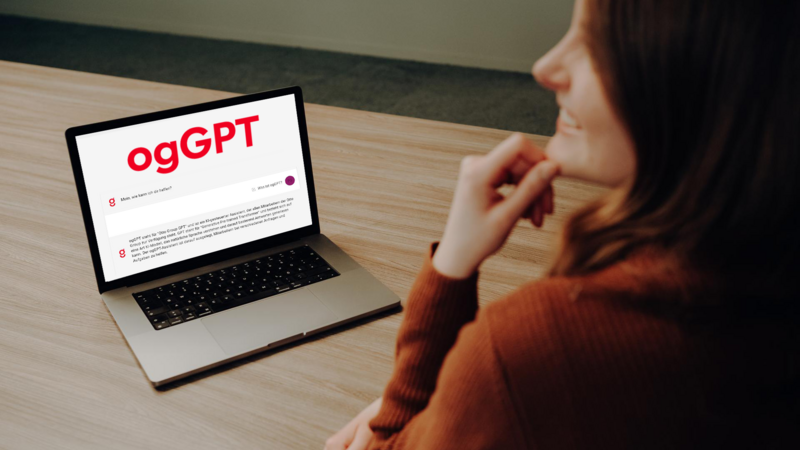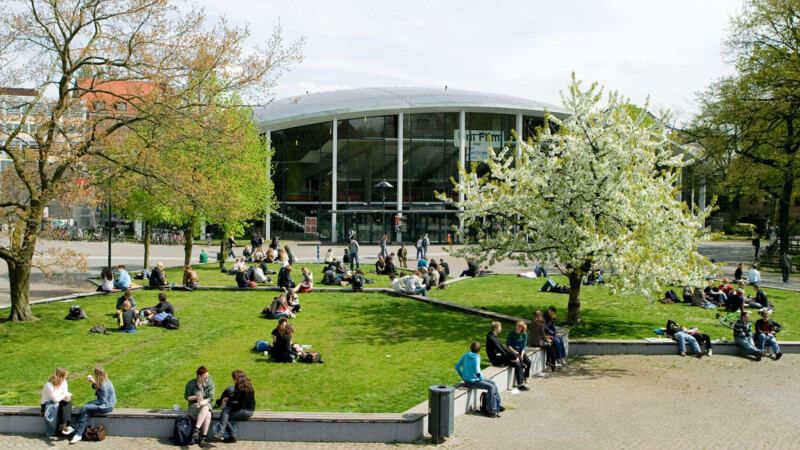"This should happen in four stages - learning, trying out, applying and reflecting on the legal and ethical aspects of GenAI," said Prof. Tilo Böhmann, one of the initiators at the University of Hamburg (UHH). Launched during the fAIstival 2024 in September, the HHAI-SCORE immediately met with keen interest, according to Marius Eschen, Managing Director of The Interface Society e. V. (ThIS!), lead organiser of the HHAI-SCORE. "Around 180 multipliers came together (in the Chamber of Commerce) to share their experiences and best practices with GenAI and to try out the technology as part of a prompt-a-thon by the University of Hamburg. The goal is to introduce GenAI to 100,000 employees in companies and public institutions across Hamburg.”
The HHAI-Score, an initiative that anonymises the number of Generative AI (GenAI) trained employees and makes progress in such skills visible, now aims to prepare 100,000 Hamburg residents for the future and free of charge. The HHAI-Score is aimed at companies and organisations of all sizes, regardless of industry. The initiative is clearly needed. "In 2024, (GenAI) will have arrived in the German economy," according to a study by KPMG. However, employee acceptance is among the uncertainties that shackle the introduction of GenAI.
Exploiting interest in GenAI
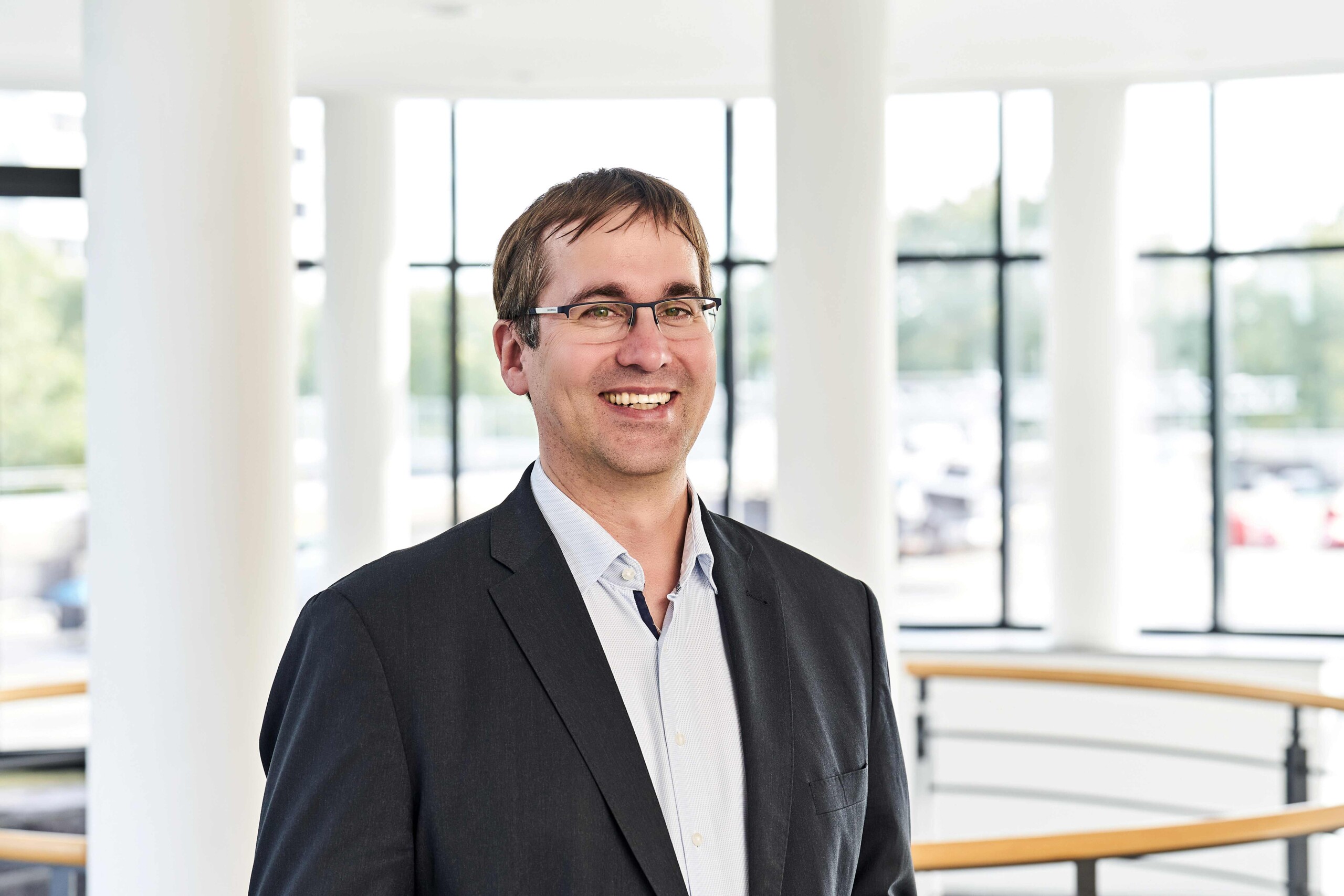
Growing global market
This ambitious gaol is attracting more and more supporters. The initiators ThIS!, HPA, iteratec, OTTO and UHH have been joined by ARIC, Haspa, Lufthansa Solutions and the consulting firm doubleYUU, which specialises in digital transformation. The global market for GenAI is forecast to grow from USD 67 billion in 2023 to more than USD 1.3 trillion in 2032, according to the Hamburg-based Statista. "Yet, the time for observation is over. We must take action now to prepare for international competition," said Eschen. And Böhmann added: "It is important to counteract the AI divide that is emerging between those who want to use the new technology and those who are reluctant to do so."
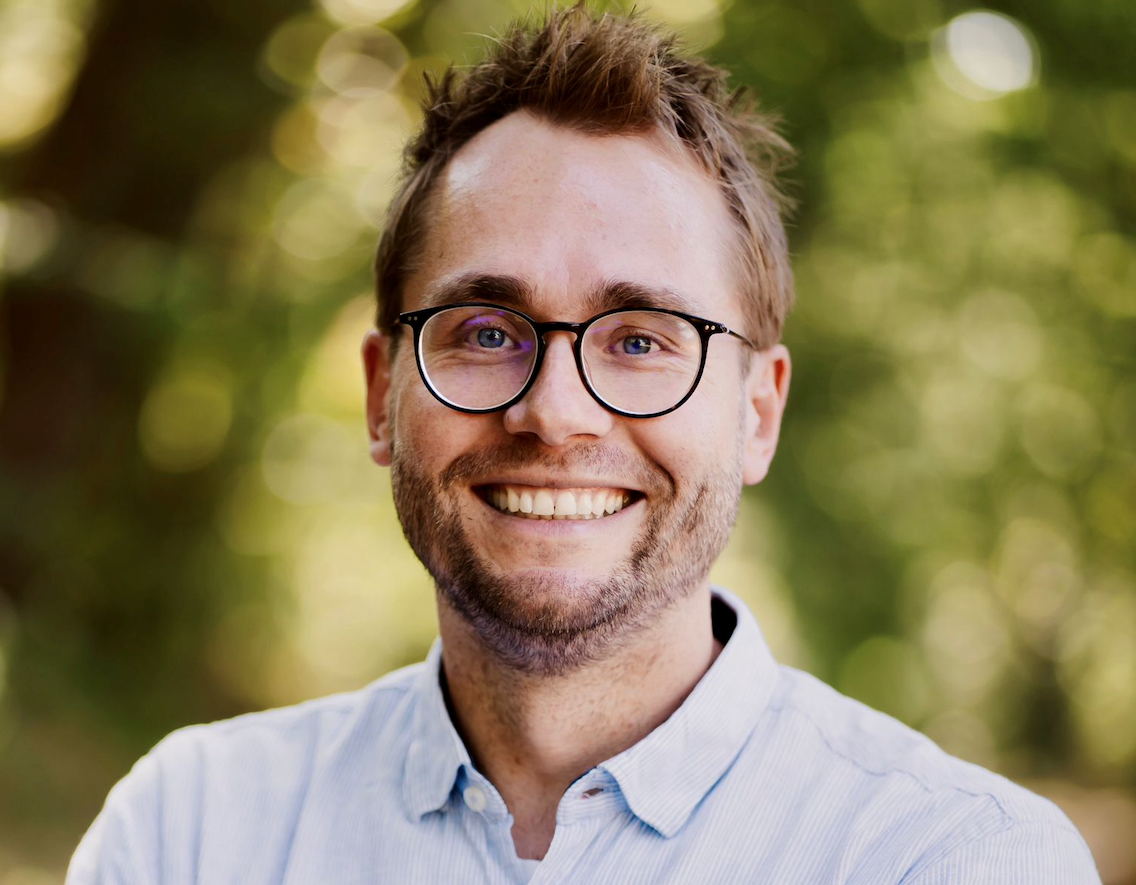
After-work and breakfast events
HHAI-Score has launched a survey of companies and organisations in Hamburg to determine the extent of AI skills in the business community. The aim is to create a solid database on which to base tailor-made offers. This would initially include after-work and breakfast events. "Our first virtual 'innovation breakfast' was held on November 20, and more are planned every month," said Eschen. "We start with a 15-minute expert impulse, followed by smaller breakout sessions in which participants discuss and expand on what they have heard." A discovery tour is scheduled for the first quarter of 2025. Then, three as yet unnamed companies will issue invitations and share their experiences implementing GenAI.
No shortage of best cases
The Otto Group has drawn a positive balance after using GenAI-based tool ogGPT for a year now. The AI assistant saves time and makes work more enjoyable, according to almost 80 per cent of users surveyed. Others have echoed the time-saving factor. The University Hospital Hamburg-Eppendorf, for instance, has found that the Argo AI language model saves time when writing doctors' letters. It reduces the workload on staff in everyday work and improves patient care. "Examples like these show that it's worth overcoming any fear of contact," said Böhmann. UHH offers its staff prompt-a-thons to overcome inhibitions and experiment with the technology playfully.
Focus on forward-looking technology
Dealing with GenAI is a learning process; an unclear prompt can lead to surprising results. And then there is the issue of hallucinations that occur when AI “invents” false information that matches the required profile better. "Depending on the use case, AI should certainly make assumptions to make predictions based on data," said Eschen. However, the results of AI should be scrutinised critically and the technology adapted. "AI is a new colleague that we have to get used to. The technology is based on neural networks that are modelled on the human brain. And human beings rely on their gut feeling." That becomes superfluous when AI has access to good data. The more data, the better – and the more computing power needed, Eschen pointed out. "We need the second super technology, quantum computing, which is being developed in Hamburg, to process enormous amounts of data." HHAI-Score is therefore relying on several future technologies at once.
ys/mm/pb
Sources and further information
More
Similar articles
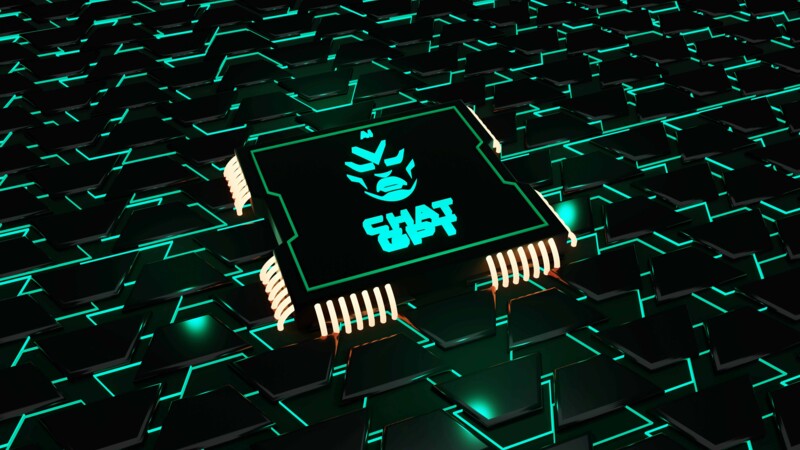
Trust in artificial intelligence paying off, AI summit concludes

